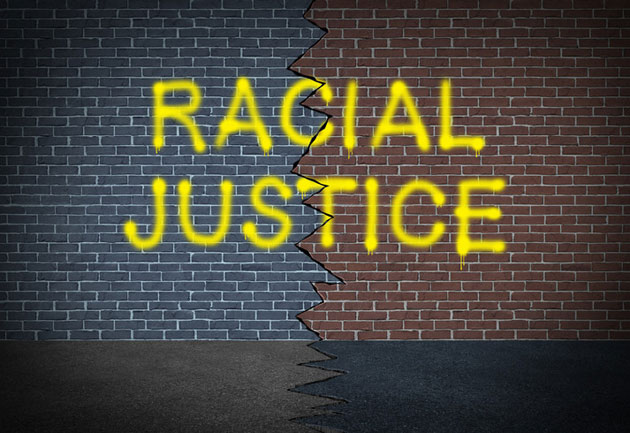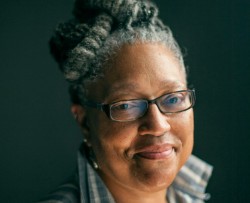
“Reclaiming Our Time: Public Theology, Racial Justice and the Fight for Democracy” will be the theme for the inaugural Summer Institute presented by the Divinity School’s Public Theology and Racial Justice Collaborative June 4-8.
Registered participants can attend one of two teaching tracks: Social Trauma, Social Death or The Power of Truth-Telling: Stories and Practices from the Frontlines.
In addition, there are five events that are free and open to the public:
June 4: U.S. Rep. Jim Cooper delivers the opening keynote address at Sarratt Cinema. Cooper, who represents Tennessee’s 5th District, will discuss the turbulent political landscape and the importance of minority participation at the ballot box. His talk will begin at approximately 3 p.m.

June 5: Vanderbilt Divinity School Dean Emilie M. Townes discusses her seminal book, Womanist Justice, Womanist Hope, which has made a significant contribution to the articulation of the African American womanist experience since its publication 25 years ago. Her book talk, which includes two of her former graduate students from Yale Divinity School, will begin at 5:45 p.m. in Sarratt Cinema.
June 6: “An Evening with Melissa Harris-Perry” at Langford Auditorium. Harris-Perry, a prominent scholar, journalist and activist who holds the Maya Angelou Presidential Chair at Wake Forest University, will be interviewed by Yale University Law Professor Tracey Meares. The public conversation will begin at 5:45 p.m.
June 7: Rikers: An American Jail film screening and discussion at Sarratt Cinema. Three panelists who were formerly confined at Rikers will discuss issues ranging from solitary confinement to mass incarceration. The screening will begin at 5:45 p.m.
June 8: Arkansas Sixth Circuit Judge Wendell Griffen delivers the closing keynote address. Griffen has been an outspoken opponent of the death penalty who has participated in protests against capital punishment. His talk will begin at approximately 1:15 p.m. in Sarratt Cinema.
“America is in a kairos moment,” said Teresa Smallwood, associate director of the Public Theology and Racial Justice Collaborative. “It is a time of immense reflection, equipping and mobilization. The Summer Institute is designed to be the gathering place for those who discern the time.”
Smallwood explained that public theology is the lens through which participants will explore current issues with scholastic vigor, intense debate, sound reasoning and measured, thoughtful engagement.
“The Summer Institute is designed as an immersion experience where you will experience the life of the university, its unique landscape, its technology and its multiple venues for learning while sharing best practices from a wide variety of racial justice proponents,” Smallwood said. “Our aim this year is to equip participants to engage a wide public on the issues presented to racial minorities in the midterm elections.”
In addition to the public events, interested individuals can register to take the Summer Institute as a course, and vocational and professional development credit is also available. For more information, visit the Summer Institute webpage, or email Teresa Smallwood.